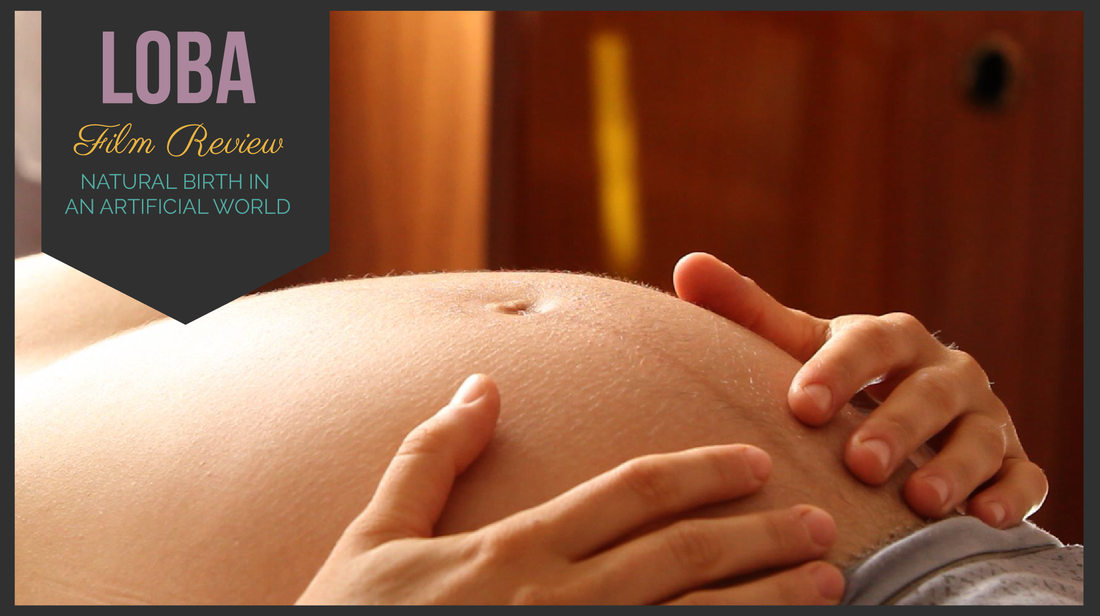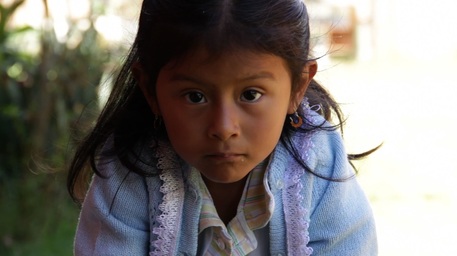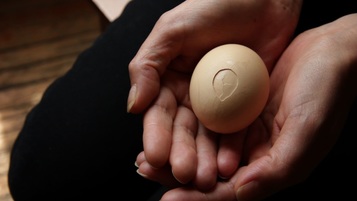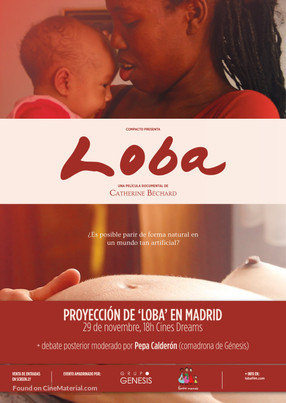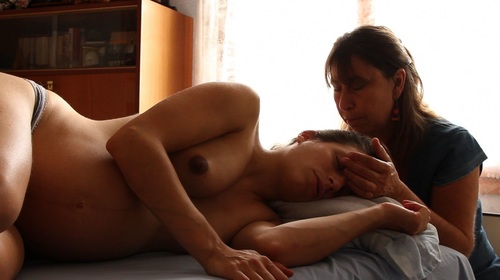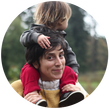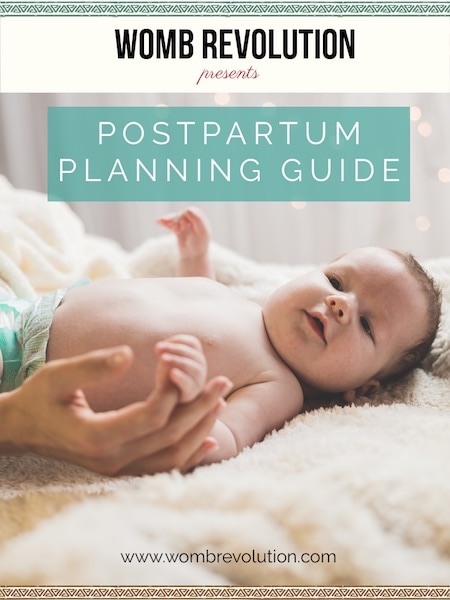Last month I had the chance to watch the film LOBA during an International Women’s Day online screening. This film, directed by French osteopath Catherine Béchard, is an honest and beautiful exploration of what giving birth means nowadays in a variety of settings and locations.
The word loba, meaning she-wolf in Spanish, is a very appropriate title for a movie that explores deeply and with a multiculturalist lens how our seemingly ever growing distance from nature is transforming the way we are born, and especially the way we as women relate to our bodies.
Shot in France, Spain, Mexico and Cuba, this film opens up a window into the reality of different parts of the world and invites us to challenge and widen our understanding of normality.
LEARNING TO SLOW DOWN IN THIS FAST PACED WORLD
To understand what is happening with birth, Loba asks us to take an honest look at society as a whole and the roles we have accepted within it. The first few interviews of the film take place in Spain. One of the women who shares her birth story describes her pregnancy as a furious race in which she decided to disconnect herself from her body and try to keep as busy as possible to avoid thinking about her fear of birth. Just like her, most of us in the Western world have busy and fast paced life-styles. Slowing them down for any reason, including pregnancy, is often seen as a weakness in a world that values productivity so highly.
The race, unfortunately, is sometimes carried on into labor and birth. In the film we hear these stories: Babies that overstay after their "due date" and must be induced, mothers that weren’t dilating according with the mathematical expectations and must be augmented. The clock tics and the woman with a broken water sack must give birth fast, but she wasn’t fast enough. Most of the birth stories narrated by the women of the film include episiotomies or C-Sections, and separation of the mother and child.
We don’t really know how many of those interventions were necessary. Bechárd doesn’t give us any graphics with statistics or lists of evidence-based practices. She simply narrates, giving a voice to the women who share the joy, sadness, disappointment, euphoria, pain, confusion, connection or disconnection of their birth experiences.
LEARNING TO TRUST LIFE
|
“Interestingly, when pregnant, we’re incredibly strong and at the same time very susceptible to any information we find. Everything can scare us. The unknown attracts the fear of death and the institution that responds to that fear is the hospital.”
|
Death continues to be a taboo. Nobody wants to talk about it openly, but at the same time, fear of death continues to be a main force moving birth out of the home and into the security of technology.
The risks of home birth compared to hospital birth are, and will continue to be, a big source of controversy. Loba doesn't even get into this. Instead, it allows us to think about death as an essential and inevitable part of life. It also encourages us to trust life.
An experienced Spanish midwife shares her thoughts about this in an interview: “Whether we like it or not, society as a whole is more artificial." Our bodies, ruled by the chaos of nature, aren't thought of as being trust worthy. "We want to have natural births in a society were everything is artificial. It’s not an easy task for women!”
The truth is that even in the hands of technology, we can’t control every situation. The risk of being alive is that you can die.
|
“I had one thing in common with the indigenous midwives,” Catherine narrates,
“I don’t fight death. I help life be stronger.” |
TRADITIONAL MIDWIFERY: AN ENDANGERED PROFESSION
Loba also gives a voice to a diverse group of midwives who share with us the fight they have to constantly face to keep their profession alive.
We’re so lucky here in Olympia, Washington, where women have many birth choices. We have more than a few wonderfully warm, compassionate and very professional midwives who serve this area and provide excellent care for women in a variety of settings.
But we have to remember that most of the world is not that lucky.
|
The interviews with the indigenous midwives of Oaxaca (in Southern Mexico) show very old women who can’t find anybody who wants to take over and apprentice with them. “Not even my daughters”, says one of them with sadness.
Another Mexican midwife explains how the government refuses financial help to low-income families if they don’t get their maternity care from the clinic. Even in France we see how through insurance laws, the government is making it unaffordable for midwives to continue attending homebirths. |
Babies were born in the hands of midwives for thousands of years. Modern medicine has been around for just a few centuries.
So, what happens when we lose the ancient wisdom and knowledge of midwives?
Catherine doesn’t hide her anger about the current state of maternity care in the countries she visited. Her restlessness is outspoken. When she shares her thoughts, her acquaintances respond, “we’re not in the dark ages anymore, modern medicine saves many lives.”
She doesn’t deny this. Of course, when interventions are truly needed, she is grateful they exist and are available. But since when does one truth cancel the others out?
|
Photographed beautifully and with a strong, yet poetic voice, this film invites us to challenge the patriarchal view that paints all women as fragile beings and our bodies as unreliable machines ruled by the chaos of nature.
|
You can rent it or buy it at VimeoOnDemand. English subtitles are included.
Share your thoughts about this important subject by commenting!
All opinions are welcome.
